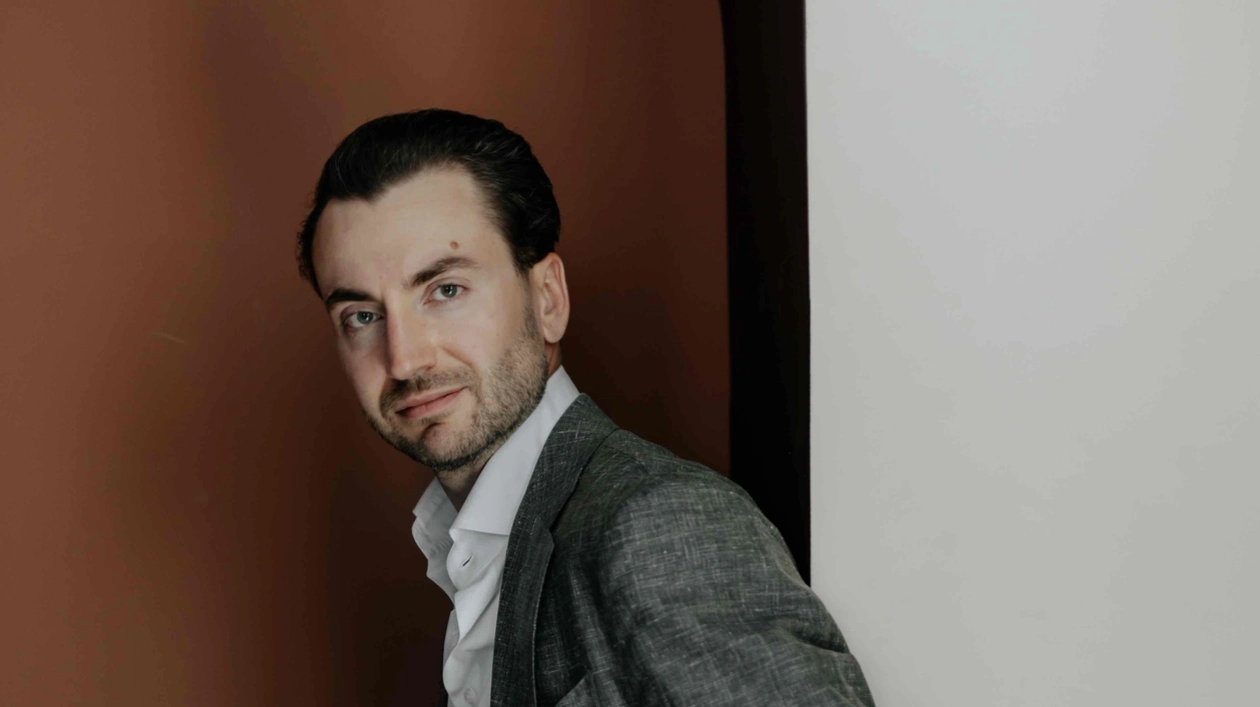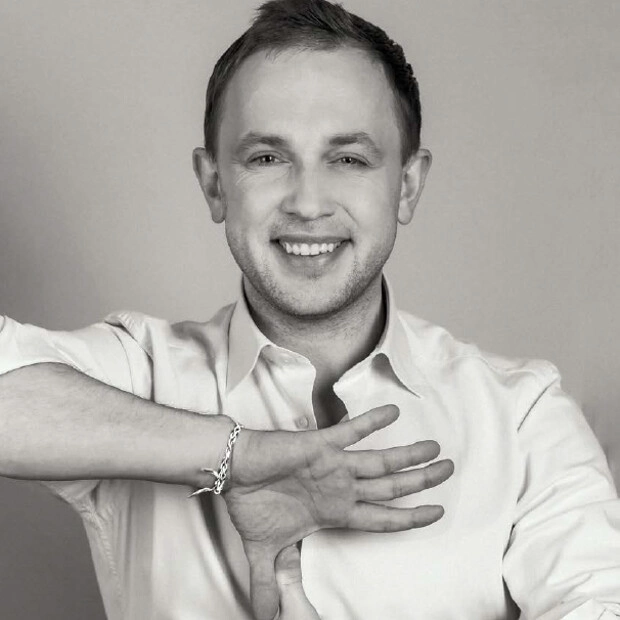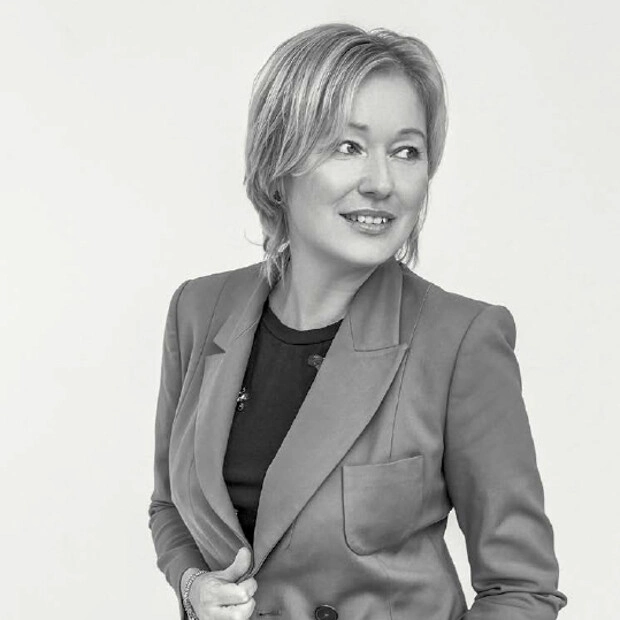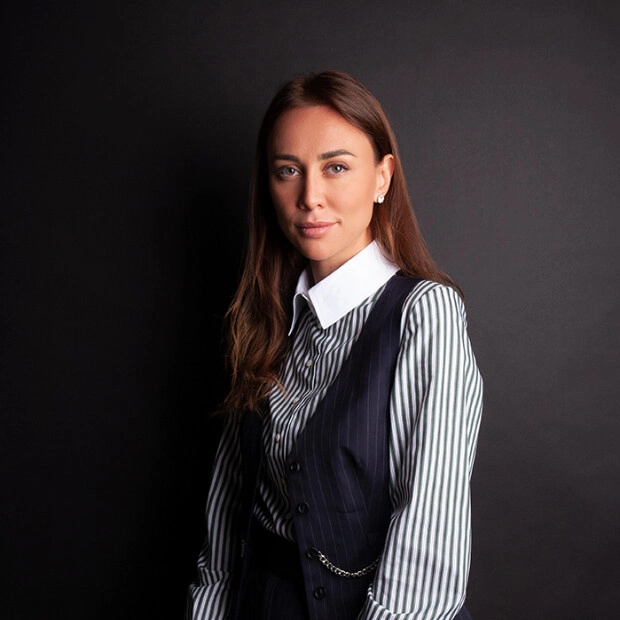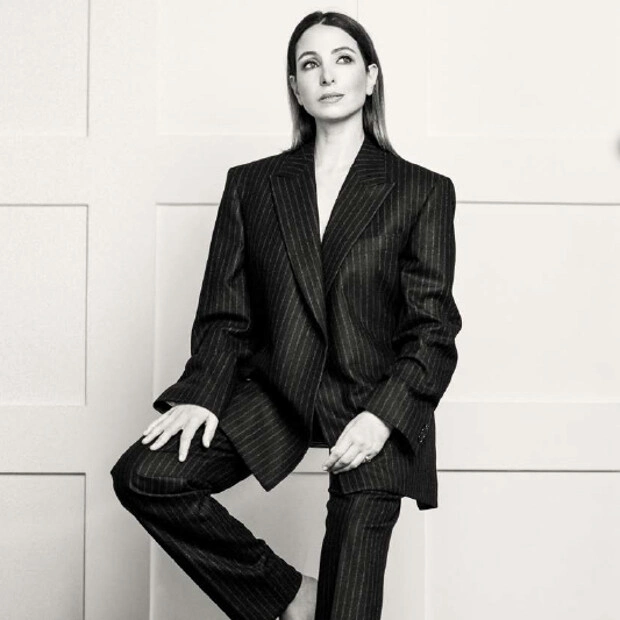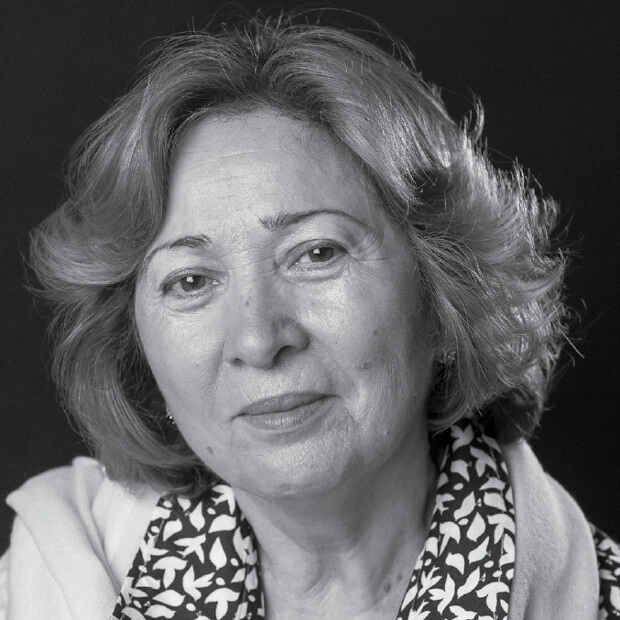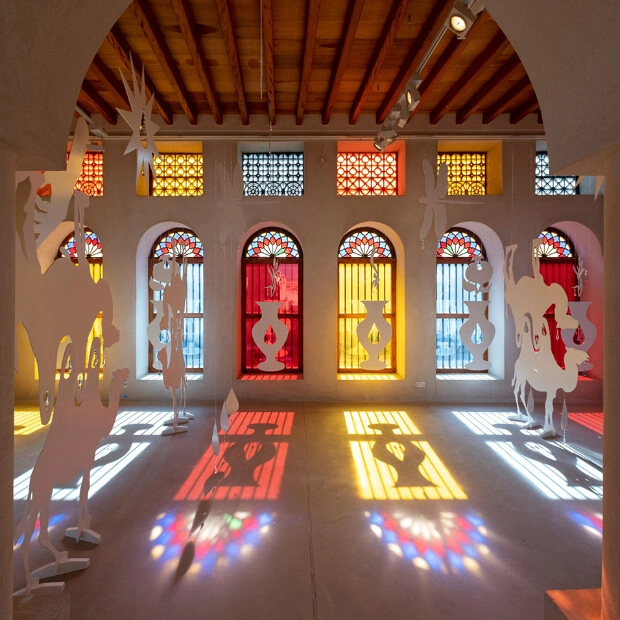A Business with Purpose
The ability to think globally is a true gift, both rare and precious. When someone has been successfully engaged in business for a long time yet continues to seek something uniquely their own — not just a niche, but that very spark that delights the soul and aligns with their worldview — they become a source of inspiration to those around them. Roman Ulyanov, the founder of the brand Greeneration, has infused his company's name with two global concepts: eco-friendly production and the betterment of humanity. For those who aspire to earn with profound purpose, exploring the story of his food tech venture in Dubai offers insights into how his vision and efforts have led to success.
I am a serial entrepreneur, but my journey began in investment banking. For ten years, I worked professionally in investments before deciding to venture into business. Initially, I ran furniture factories in Russia, but about five years ago, I became interested in agriculture. It seems the desire to return to the land came prematurely. We attempted to purchase a small greenhouse from an Azerbaijani — a modest venture to enter this business. The attempt was unsuccessful: our partner proved unreliable, and we quickly parted ways. However, the desire to work in this sector remained.
Due to my experience in investment banking, I had studied many startups and had a good grasp of technology. At that time, in 2019-2020, vertical farming was at its peak popularity. This technology, promising to save the world and help colonise Mars and the Moon, caught my attention. I delved into the topic but quickly realised there was nothing substantial to invest in yet; everything was in its infancy. The industry was merely five years old, emerging after the revolution in LED technology, leading to businesses based on energy-efficient lighting and controlled plant growth conditions.

Nevertheless, I found a team of enthusiasts assembling the first version of a farm in a basement — a classic startup scenario. They drew inspiration from Americans and Europeans while innovating on their own. I proposed to join forces: thus, we began growing basil instead of mining bitcoins, which was just taking off at that time. It was an incredible journey that kindled warm feelings within me and confidence that I was doing something right, aligned with my beliefs and values.
In Moscow, we sold our produce to "Azbuka Vkusa," "VkusVill," top restaurants, and even supplied the Kremlin. Everything was going well. In 2022, I compared the HoReCa markets in Russia and the UAE. It became clear that the CAGR (compound annual growth rate) of the Arab hospitality market was 10-17%! In Russia, it was only 7%. Thus, in five years, the UAE market is expected to double to $40 billion. This is well illustrated by Dubai receiving the World's Best Travel Destination award from TripAdvisor. From a business perspective, it made sense to relocate operations where the ROI is higher — so I decided to move. The UAE has a huge demand for food security because the country is vastly dependent on imports. The UAE imports $12.5 billion worth of food annually, accounting for 80% of all available food in the country. The government understands this and is implementing initiatives around food security — encouraging companies that produce food locally.
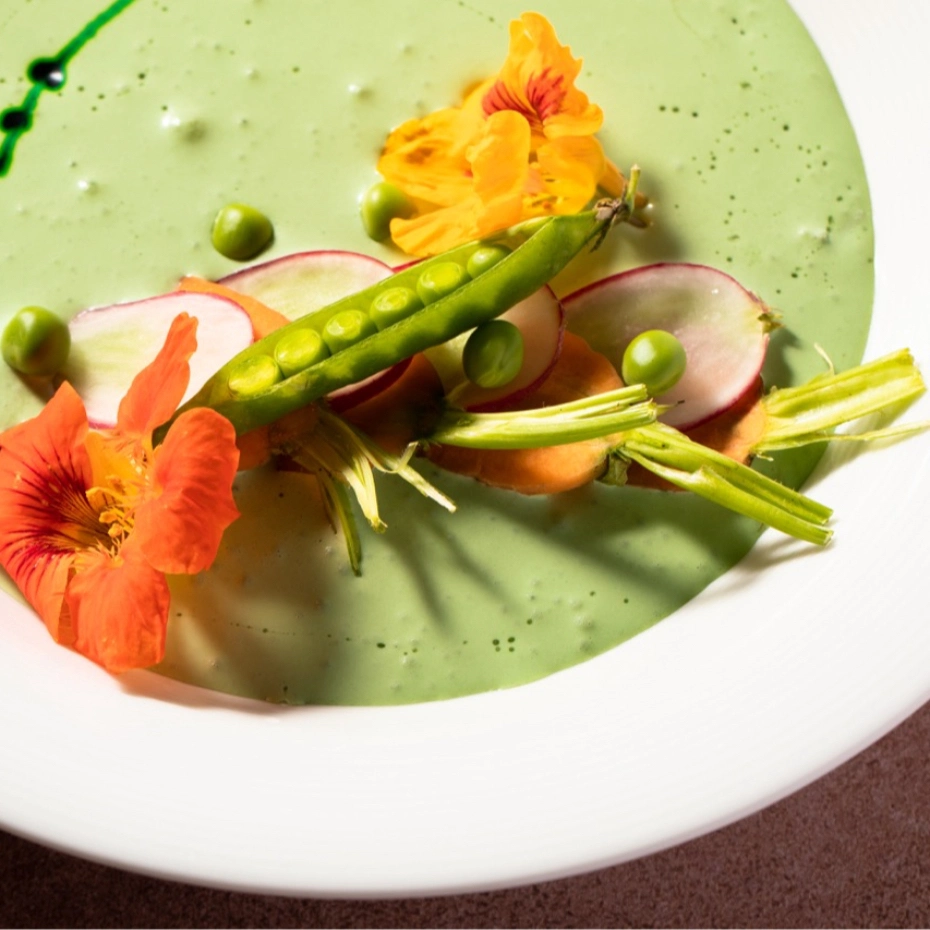
In the past, the Middle East was predominantly explored by Americans and Europeans; even the Museum of the Future still features advertisements from now-bankrupt American companies. However, the landscape is shifting, with an increasing number of formidable Russian players entering the region, particularly in the food service sector. Incidentally, this market is valued at $20 billion, with 42% of all dining establishments being full-service restaurants that require high-quality ingredients, including fresh greens.
It became evident that it was strategically crucial to establish a national, and eventually regional, leader in this field within the UAE. In 2023, I relocated to Dubai and launched a food tech business. Today, Greeneration stands as the finest vertical farm for producing edible flowers, leaves, and microgreens in terms of technological advancement and service quality.
I take pride in the fact that at Greeneration, we deliver premium greens on the day they are harvested, offering the most extensive range of products in our niche. Notably, 30% of this range consists of exclusive items that cannot be sourced elsewhere or imported from afar, as such delicate plants simply cannot endure long journeys.
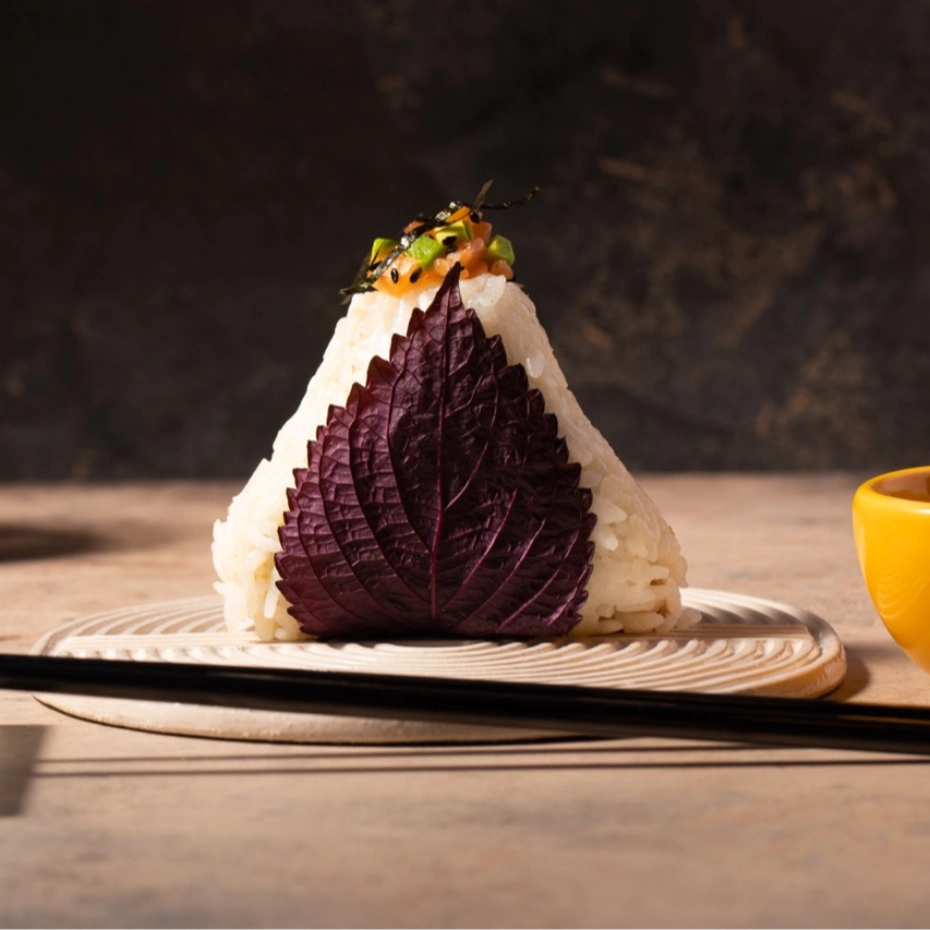
For restaurants and hotels, this represents the best value proposition. We are already collaborating with numerous Michelin-recommended establishments. Next time you're dining out, take a look at your plate; you might be enjoying flowers or microgreens grown by us.
Greeneration's production facilities are located in the south of Dubai, within Dubai Industrial City (DIC). This location is strategically advantageous: 45 minutes from DIFC and 50 minutes from Dubai Mall. This sector is set to thrive thanks to the $50 billion "Second Palm" project and the new Al Maktoum Airport. We have 2,000 square metres dedicated to cultivating edible flowers and other rarities — sufficient to meet the needs of 1,200 restaurants. Initially, I anticipated covering fewer restaurants, but the consumption volumes in high-end HoReCa turned out to be greater than expected. This is beneficial for us because I understand how to build new farms and scale production to meet greater demand.
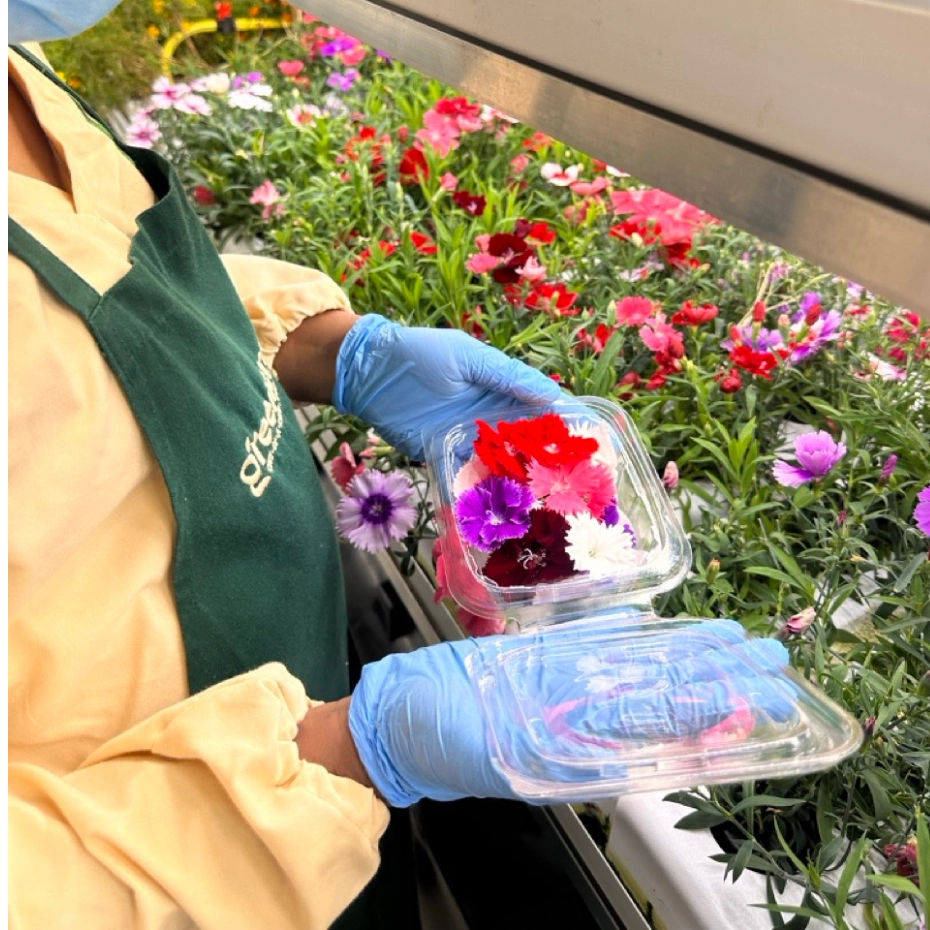
From a technological standpoint, we prioritise our own innovations. We designed our own shelving, automation systems, lighting, and technological processes. We conduct research in plant biofortification and other areas. Thus, Greeneration is not merely a farm but a true hub with its own laboratory and production facilities. This prepares us for patenting certain technologies and developing new products for other industry segments — pharmaceuticals and cosmetics.
Beyond cultivation, we are introducing chefs to ingredients that are still unknown here. The culinary scene in Dubai lags behind Moscow, London, New York, and Singapore by 5-10 years. For us, this presents an excellent opportunity to conduct presentations, showcasing the variety of products available for haute cuisine and how they can boost revenue. For instance, microgreens are incredibly versatile; they can be used not only to garnish dishes but also in soups or even smoothies. Incidentally, did you know that women are 20% more likely to choose beverages adorned with flowers?
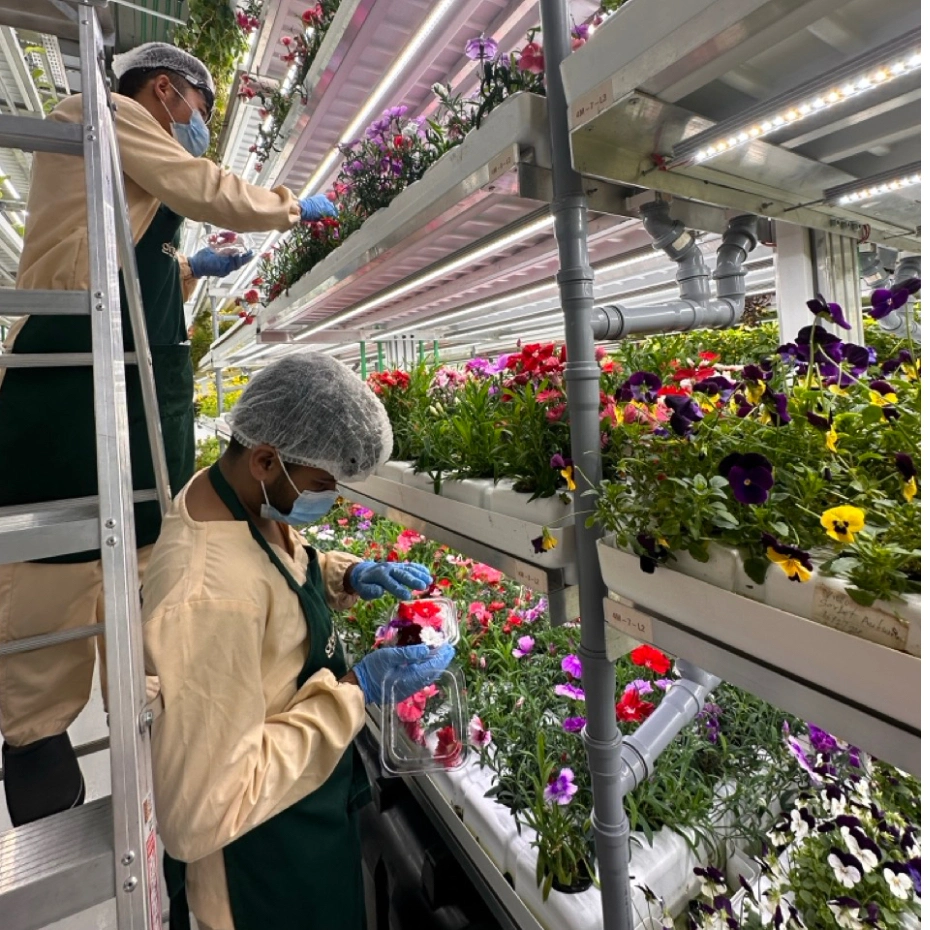
In the realm of B2B, we are not merely selling flowers; we are crafting a narrative. It is essential to convey the right story to people. Fortunately, we don't need to fabricate anything because we genuinely represent an authentic local brand, committed to sustainability and local production. I aspire for us to be likened to something akin to Chanel in the world of haute cuisine. When a distributor opts for our products, they understand they are engaging with the finest in the region.
However, the philosophy of our brand extends far beyond luxury quality. I am an advocate of a long and fulfilling life, with aspirations to live to 130 years while maintaining mental clarity and vigour. Research substantiates that longevity and health are significantly influenced by the quality and locality of one's food. It is crucial to consume produce grown in one's own region. If you have an excellent tomato grown 3,000 kilometres away, it pales in comparison to a slightly less perfect one cultivated in your own garden or a nearby farm. The region where food is grown and its proximity to one's residence matter at a cellular level.
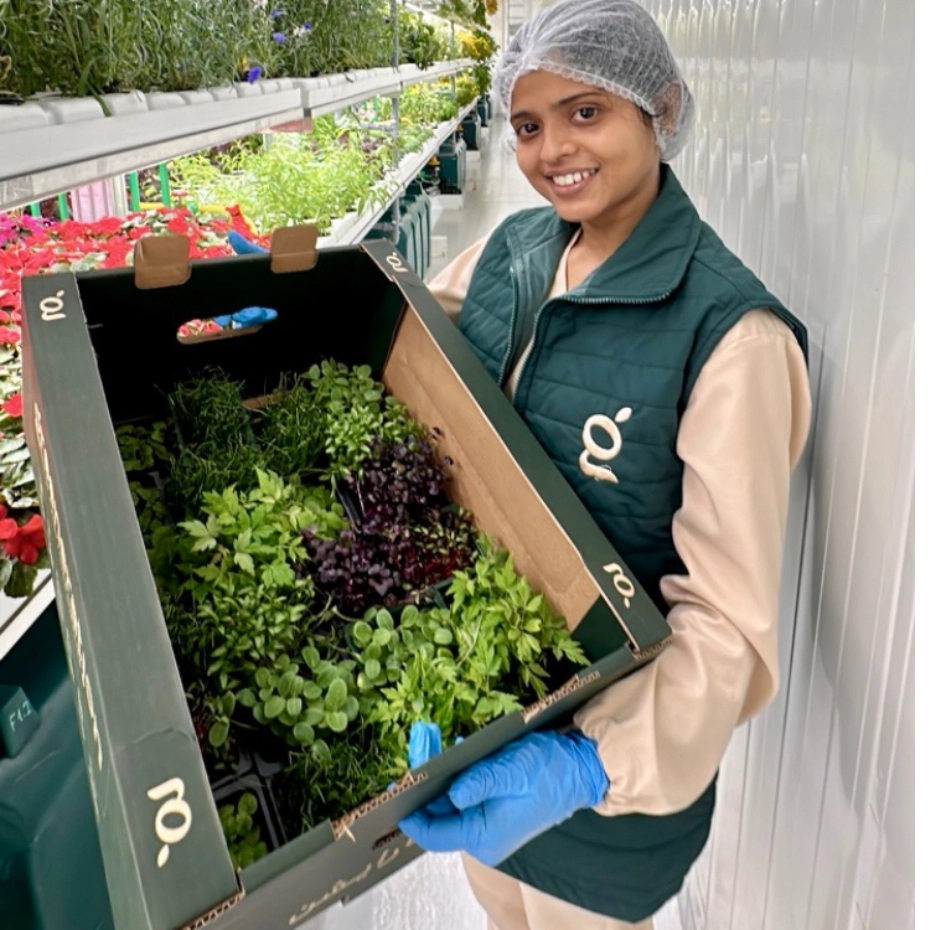
I personally choose such products and wish for their abundance. This embodies the profound philosophy of our brand — to cultivate hyper-local, high-quality, and nutritious products. In doing so, we contribute to national food security and sustainable development, reducing reliance on imports.
This year, I was nominated for Forbes' "30 Under 30" and invited to the nominees' conference in Botswana. It was my first visit to Africa, where I met other young, ambitious entrepreneurs from across the globe. I discovered how diverse and rich this continent is — not only culturally and naturally but also in terms of entrepreneurial opportunities. I was inspired by the number of young individuals striving to improve their countries by tackling challenges that many of us deem insurmountable.
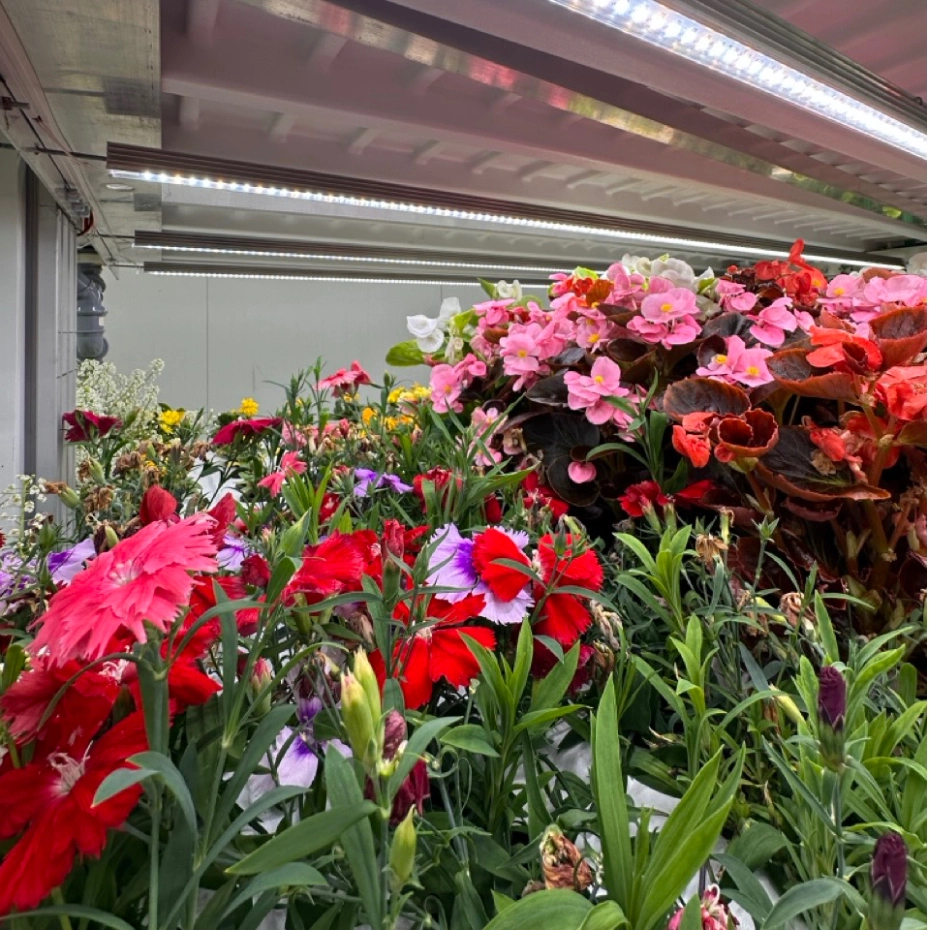
The Forbes conference in Africa was not merely an opportunity to learn about different cultures and businesses; it marked a significant milestone in my personal growth. I realised that it is important for me not only to achieve business objectives but also to participate in global initiatives that can positively impact thousands of lives. This experience prompted me to reassess my approach to projects: I recognised that I have the privilege and opportunity to utilise my skills and resources to assist others.
For instance, after studying the workings of governmental bodies in Dubai, I've concluded that they operate quite efficiently. It's possible to arrange meetings with state representatives, and if you're a major business, you'll receive reports from everyone, right up to the ministers. I recently heard a story about the Minister of Transport personally reporting to the CEO of Cars24. Whether this is marketing or truth, it certainly feels like there's genuine investment here, with the government supporting entrepreneurs and fostering investment inflow.
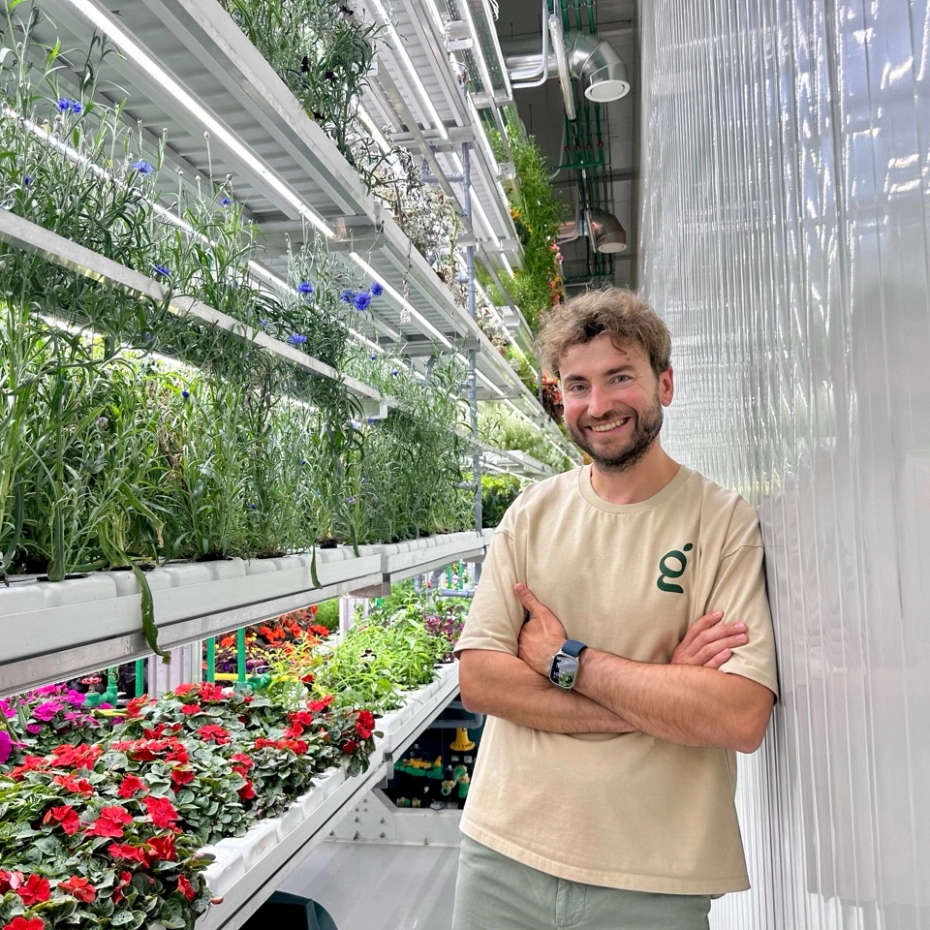
In Dubai, you can hire people from all over the world, with few restrictions and low taxes — definite advantages. However, there are downsides too: monopolies and oligopolies in certain sectors, such as utilities and telecommunications. There's low competition where it ought to be higher. Some processes are opaque and not always consistent. I appreciate clarity, but here I've had to adapt quickly. It's all very much like quicksand: sometimes you have to pull something out just to stay afloat. Over time, you realise it's simply the nature of the place. In the UK it's one way, in Thailand and Singapore another. Once you accept this, everything else becomes the norm.
Therefore, my advice to those starting out is to be patient. In the Middle East, expectations are not met as swiftly as one might hope. Here, you can't plan everything in advance or rely on stated timelines as you might in Russia. I often conceive ambitious projects, but now I understand that some expectations need to be drastically lowered while maintaining the intensity of effort. Moreover, to cope with uncertainty, it's important to adapt and hire people who have lived in the region for a long time. Localisation and context are key success factors. If you've just arrived in Dubai, hold 50 meetings with locals — it's an excellent start.
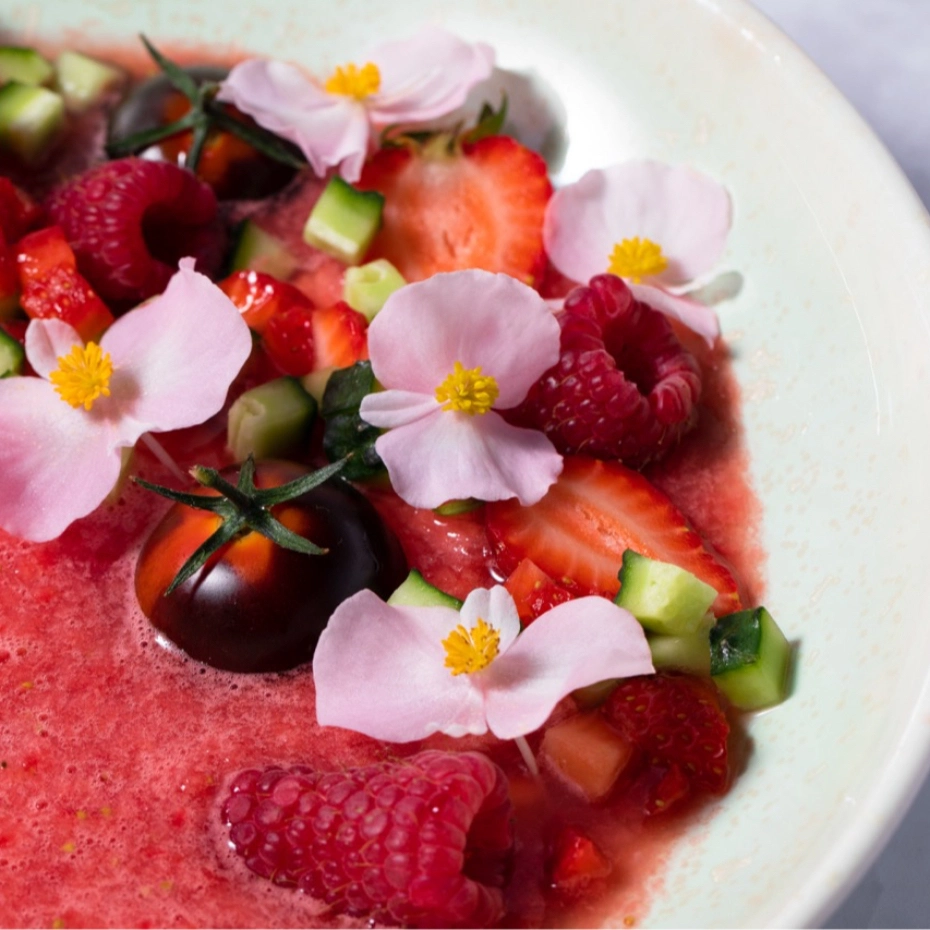
In Dubai, as elsewhere, networking is crucial, as are those who can serve as role models. I've been fortunate to be surrounded by strong individuals and entrepreneurs from a young age. Initially, it was Oleg Tinkov, then Igor Rybakov and Sergey Kolesnikov. I admire what other Russian physicists are doing. Among international entrepreneurs I follow, Steven Bartlett stands out — he hosts an excellent podcast called "The Diary of a CEO."
Motivation is also vital — you can't do without it in business. I'm motivated by ideas that can impact a large number of people or enhance their quality of life. That's why I'm involved in investments, food, and food safety issues. I'm also concerned about hunger problems. This list includes creating comfortable housing, as it's where we are born and die. I enjoy being the architect of projects that have significant impact. I aim to gather a hundred such projects — be they initiatives, people, or communities — that meet my criteria for depth and scale of influence.
Such ideas inspire me more than anything else. For instance, I'm more intrigued by these pursuits than by spending a Friday evening with a glass of wine. My goal is to become a leader in the field of vertical farming within the next year. Achieving this would mark a significant milestone, allowing me to focus on more complex matters: alternative proteins, mass-consumption crops, and medicinal herbs.
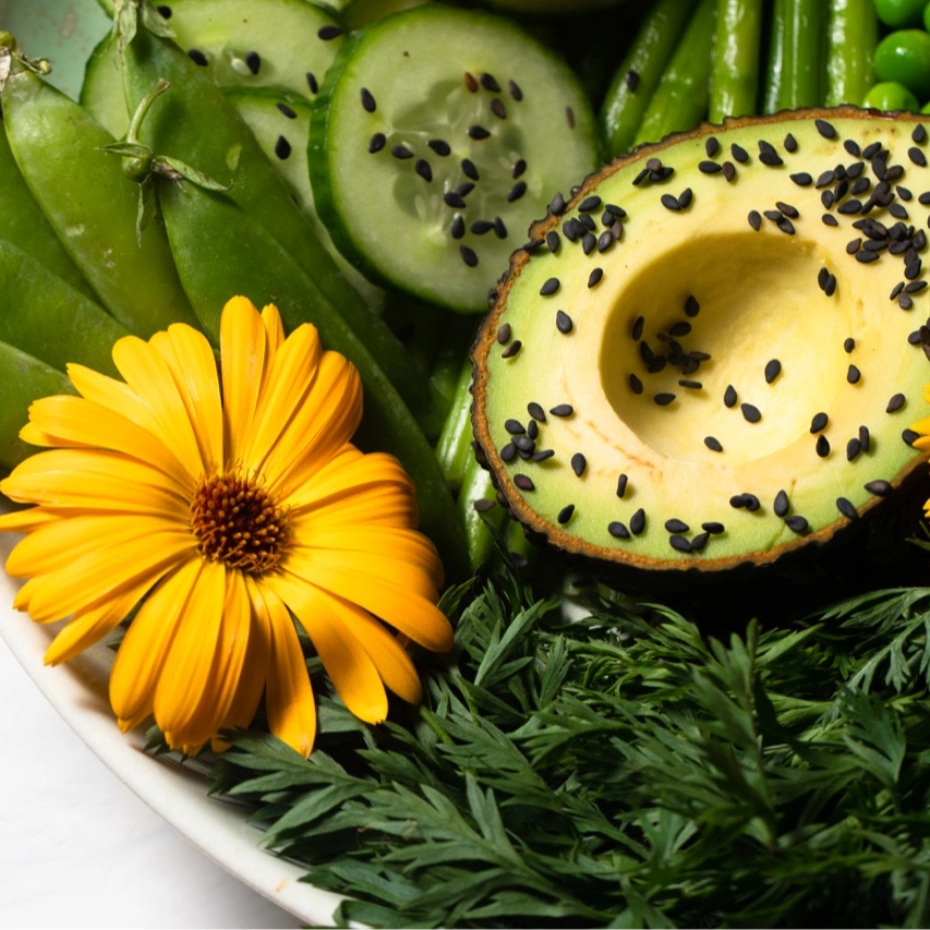
I'm drawn to the application of new technologies in biology and bioinformatics. It's crucial for me to consider how our actions impact the world and us as a species in the long term, all while avoiding greenwashing and concentrating on genuine change.
Just a month ago, I ventured into the construction and renovation business. Now, along with my partners at REMhouse, we're building villas and undertaking all kinds of apartment renovations. The quality of our team's work far exceeds the average standard in Dubai. Having endured the pain of renovation myself, I now entrust my close ones and friends to the capable hands of REMhouse builders, who execute projects with true excellence, reminiscent of Moscow standards.
All this has been possible because my main trait is the ability to process a vast amount of information simultaneously. I enjoy forging partnerships and understand where I can be beneficial. I relish engaging with experts — I value their contributions to the world as researchers and specialists. I often meet new people through LinkedIn — it's an excellent tool for reaching out to a diverse array of individuals and grasping where the world is headed.
I also read extensively. This year, I was profoundly impressed by Ben Horowitz's book, "The Hard Thing About Hard Things." Horowitz is one of the founders of the A16Z fund, which has invested in companies like Facebook, Twitter, and Airbnb. The book is brilliantly written about the real lives of leaders and CEOs of large companies.
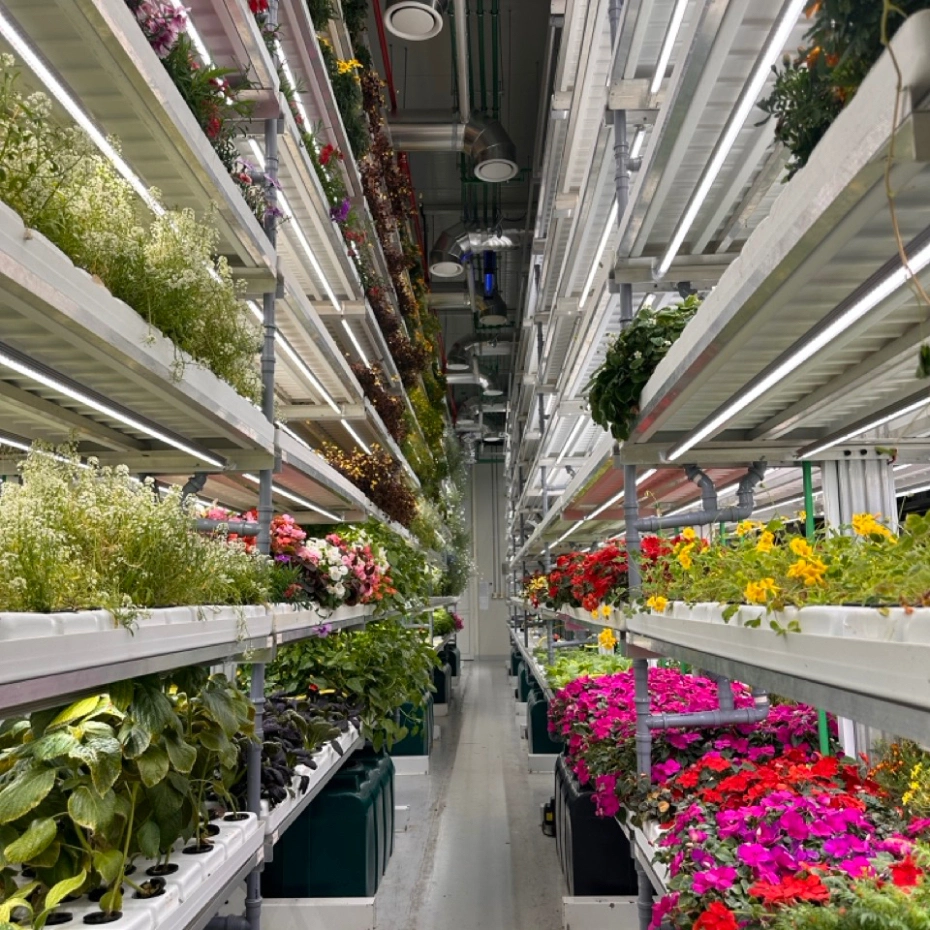
One of my greatest teachers has been life itself. I was about 15 or 16 when I first went abroad to deliver a sailing boat. The journey to the marina was fascinating in its own right: flying into Istanbul, taking a bus to Marmaris along winding roads, experiencing a different culture, and hearing the call to prayer.
On the boat, we encountered a wild storm: we nearly capsized, enormous waves battered the sides, and there was complete disorientation. I tried to leave the cabin but kept falling — the pitching was severe. Chaos ensued: belongings flew around the cabins, and the crew was in a similar state. Then I saw the captain with surprise — he was chained to the mast reading a book. I looked at him and asked, "Captain, is this the scariest thing that can happen at sea?" And he replied, "The scariest thing, Roma..." At that moment, I was worried that my computer and phone might get wet, thinking about school exams in two weeks and where to apply. And he told me, "The scariest thing, Roma, is losing your orientation in life."
This experience taught me many things: the importance of preparation, the ability to adapt, and finding calm amidst chaos.
